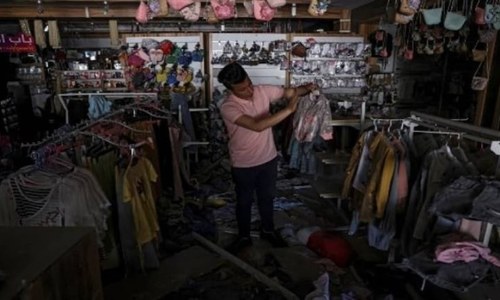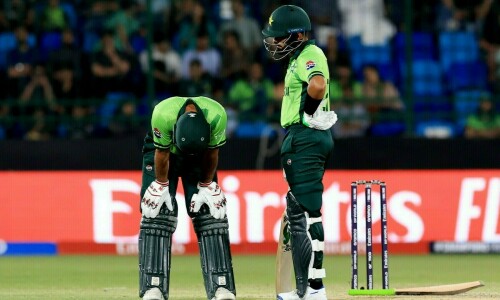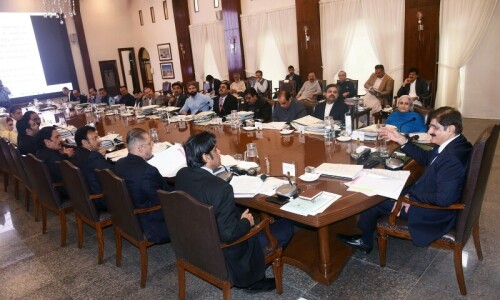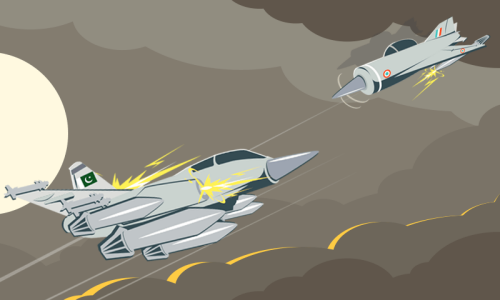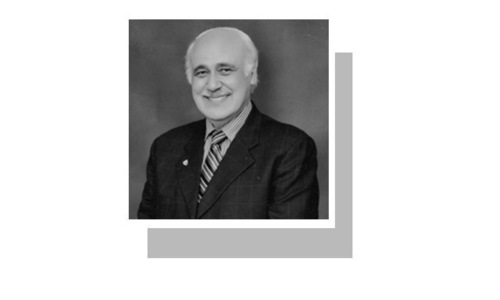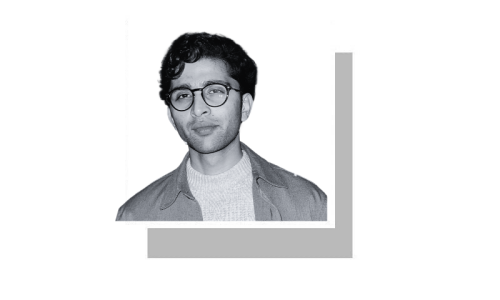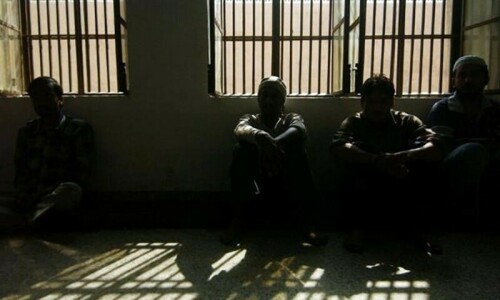GAZA CITY: A UN official in Gaza on Sunday called for a “genuine political process” to avert further bloodshed after Israeli atrocities ravaged the Palestinian enclave.
As thousands of Gazans slowly tried to piece back together their lives, top UN staff visited the territory after an Egyptian-brokered ceasefire on Friday halted 11 days of bombardment.
On Sunday, in a badly-damaged district of Gaza city, volunteers swept up clouds of dust at the feet of collapsed buildings, while others shovelled debris onto the back of a donkey-drawn cart.
Israeli air strikes on the Gaza Strip since May 10 have killed more than 200 Palestinians, rendered thousands homeless and laid waste to buildings and key infrastructure across the blockaded territory.
Blinken has reaffirmed Washington’s support for a two-state solution
It was the latest such bombardment to hit the crowded coastal strip of some two million people, after three previous wars with Israel since 2008.
Philippe Lazzarini, head of the UN Palestinian refugee agency UNRWA, said the reconstruction needed to go hand in hand with efforts to create “a different political environment”.
“We need to have a genuine focus on human development,” on proper access to education, jobs and livelihoods, he said. “But this needs to be accompanied by a genuine political process.”
Speaking earlier to a group of journalists, he said “the layers of hardship in Gaza keep getting thicker”, because the root causes of the problem have not been addressed.
US Secretary of State Antony Blinken, speaking ahead of an imminent trip to the region, reaffirmed Washington’s support for a two-state solution so Israelis and Palestinians could live “with equal measures of security, of peace and dignity”.
Lynn Hastings, of the UN humanitarian agency OCHA, said the intense bombing had devastated people’s mental health.
In 2014, “we had humanitarian pauses, where people were able to get out,” she said.
“That really speaks to the amount of trauma that was experienced this time, where there was absolutely no pause for people to breathe.
“The comments that I have heard are not ‘I need access to water’ — even though there are 800,000 people who don’t have access to clean water right now — but about the impacts on their lives overall and how they are ever going to recover from this,” she said.
Authorities on Saturday began distributing tents and mattresses in the Gaza Strip, as OCHA said at least 6,000 people had been made homeless by the bombardment.
Lorries bringing much-needed medicine, food and fuel entered Gaza on Friday through the Kerem Shalom crossing after Israel reopened it.
Published in Dawn, May 24th, 2021





